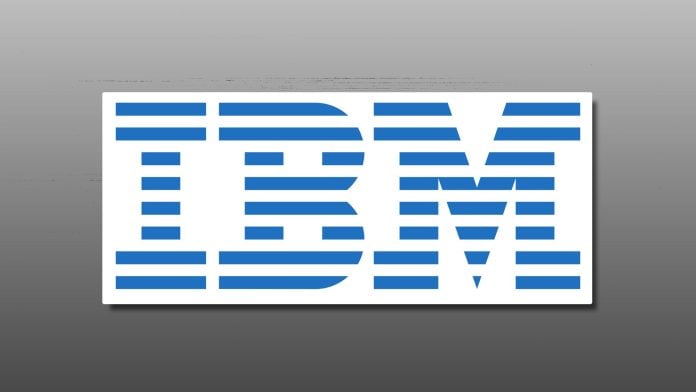Traditional integration methods often create barriers for small businesses, primarily due to their reliance on deep technical expertise. Many small companies find themselves constrained by bottlenecks when the demand for integration outpaces available resources. To address these challenges, IBM has unveiled enhanced integration Platform as a Service (iPaaS) agents that aim to streamline the integration lifecycle. This innovation not only simplifies the process but also increases productivity, allowing organizations to respond quickly to evolving market needs.
IBM’s upgraded iPaaS agents are designed to shed the technical complexities often associated with integration processes. By integrating artificial intelligence and large language models (LLMs) into the iPaaS foundation, IBM allows clients to manage how these AI agents access contextual data sources without the need for additional infrastructure. For instance, the API Developer Studio enables businesses to expose their APIs as managed communications and processing (MCP) tools that AI agents can readily utilize.
One of the standout features of these agents is the ability for clients to define their integration goals in plain language. This user-friendly functionality enables the AI agents to interpret intent, generate proposed integration flows, and present options for approval. Tasks that once took hours or even days can now be completed in minutes, significantly accelerating the timeline for delivering new digital services. This efficiency can be particularly transformative for small businesses seeking to launch new products or services quickly.
In addition to expediting build time, the agents play a crucial role in operations. They can classify errors, identify critical issues, and suggest resolutions, all of which can considerably reduce downtime. With capabilities for self-healing from recurring errors, businesses can minimize repetitive work and focus more on strategic initiatives. This shift allows integration specialists, developers, and business technologists to devote more time to creating value rather than managing repetitive tasks.
As David H. Truth, IBM’s spokesperson, stated, “The result is faster time-to-value and greater operational resilience, which are key for organizations looking to thrive in a competitive landscape.” For small businesses, this means not just a reduction in time spent on integrations but also an enhanced ability to adapt to changing market conditions. The ability to solve problems quickly without extensive technical knowledge opens up new possibilities for innovation and growth.
While the benefits of IBM’s iPaaS agents are significant, there are considerations that small business owners should keep in mind. Transitioning to a more automated system can require an initial learning phase, during which teams will need to adjust to new tools and processes. Training staff to effectively utilize the AI agents will be crucial for maximizing the potential of this technology. Additionally, while the automation of repetitive tasks is a strong selling point, there may be areas where human oversight still plays an essential role, particularly when it comes to nuanced decision-making.
Overall, IBM’s enhanced iPaaS offerings promise to streamline the integration lifecycle, enabling small businesses to harness advanced technology without needing extensive internal resources. As the integration landscape continues to evolve, those who adopt these innovations may find themselves uniquely positioned to compete and thrive in their respective markets.
For more detailed information on IBM’s latest offerings, check the official announcement available at IBM’s website: IBM Announcement.
Image Via BizSugar



